Forex Trading Challenges in India
Abstract:Explore this guide to understand the challenges that deter India's forex market from unleashing its true potential.
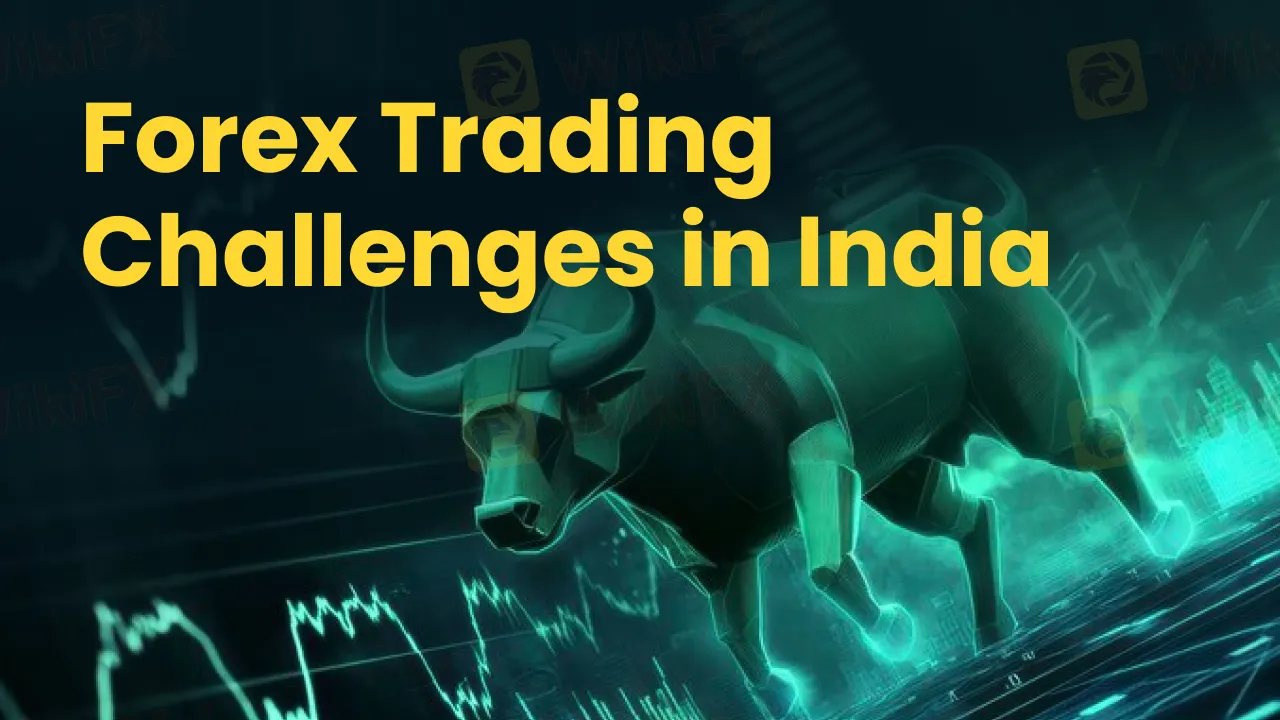
Forex trading is about exchanging one currency for another through various contracts such as spots, options, futures, swaps and forwards. The currency price fluctuations decide the profit or loss in these positions. The forex market witnesses daily transactions worth trillions of dollars, inevitably resulting in complexities, especially for those new to this. There are terminologies and lags in terms of market understanding. So, weve created a guide that will help understand the terminologies and the challenges people face regarding forex trading.
Forex Terminologies You Should Know
Currency Pairs
The forex market sees the trading of currency pairs throughout the day, such as INR/USD, USD/EUR, and USD/CAD.
Pip
It is extended to Percentage in Points, which is the smallest measurement unit to track currency price quotes. Most major currencies will have Pip as the fourth decimal point equalling 0.0001.
Ask Price
The lowest price at which the sale order can be executed.
Bid Price
The price the buyer is ready to pay.
Revealing the Forex Trading Challenges in India
The Indian forex trading market, despite attaining $60 billion in 2024, is plagued with multiple challenges that somewhat hinder its growth. The WikiFX team has brought to you the challenges existing in the market. Take a look.
Less Currency Pairs for Trading
The Reserve Bank of India (RBI) regulates forex trading in India under the Foreign Exchange Management Act (FEMA) regulations. The approved currencies for traders are limited. They can trade in these four pairs only-
- USD/INR
- GBP/INR
- EUR/INR
- JPY/INR
Regulatory Caps on Cash Imports/Exports
The FEMA has placed restrictions on the amount of cash forex traders can import or export. Restrictions are also on allowed capital and current account transactions in foreign exchange. The maximum amount exchangeable within the country is also capped for both individuals and firms. While these restrictions prevent the local currency from speculation risks, they also hinder the forex participants prospects.
Legal Actions
Unauthorized brokers are all over India with tall return promises. They collect a heavy amount from investors and transfer it to shell companies as part of their money laundering activities. While investors face losses due to these, they also face legal actions by the RBI if they trade through these brokers. Either, you will be made to pay a penalty or asked to stop trading in foreign currencies. So, knowing the registered and unregistered brokers is critical to ensuring you stay away from legal actions. You can, however, know this through WikiFX, which showcases the regulation status of every broker on its platform.
Hefty Fees and High Spreads
Brokers usually take hefty fees and commissions from traders. They also keep high spreads, resulting in more profits for them as the gap widens between buying and selling prices. So, traders with limited budgets find it hard to penetrate the forex trading market.
Increased Market Volatility
The forex market is volatile due to national, international, economic and political events. In todays times when geopolitical tensions are on the rise, currencies fluctuate constantly, raising opportunities and dashing hopes in equal measure. However, over the long run, everything settles, helping you earn a significant amount.
Leverage is Both a Blessing and Harm for Traders
‘Leverage’ in forex implies the amount traders can borrow from brokers to control a larger position. Indian forex markets typically offer leverage ratios ranging from 20:1 to 30:1. This means traders can control a position 20 to 30 times their initial investment. Since no caps are imposed on maximum currency price movement, traders with highly leveraged trades can lose their capital.
Conclusion
India‘s forex trading market still requires advancements to match the global standards besides increased tightening measures on unregistered brokers to prevent non-withdrawal issues for investors. With a more liberal yet robust approach, India’s forex market could see active participation from retail traders.
Disclaimer:
The views in this article only represent the author's personal views, and do not constitute investment advice on this platform. This platform does not guarantee the accuracy, completeness and timeliness of the information in the article, and will not be liable for any loss caused by the use of or reliance on the information in the article.
Read more
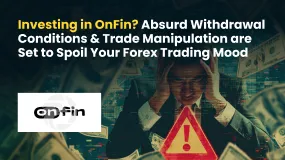
Investing in OnFin? Absurd Withdrawal Conditions & Trade Manipulation May Spoil Your Trading Mood
Planning to invest in OnFin, the forex broker, which has been a nightmare for many forex traders? While withdrawal denials have remained perennial for them, trading manipulations, including the illegitimate disappearance of deposits, have put OnFin under the scanner. Traders have been vehemently expressing their frustration about the forex broker on various broker review platforms. In this article, we will share some complaints that made us expose this broker here.
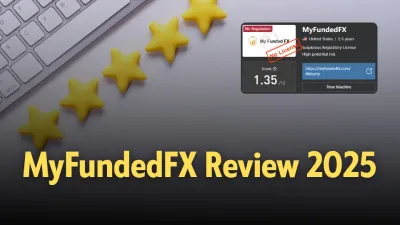
MyFundedFX Review 2025
MyFundedFX Review 2025 — unregulated prop-style broker with simulated trading, mixed trust signals, rule changes, and payout claims. Is it high risk?
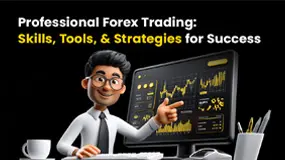
Professional Forex Trading: Skills, Tools, & Strategies for Success
In the vast and fast-paced world of financial trading, the foreign exchange (forex) market reigns as the largest and most liquid market globally. Trillions of dollars are traded daily, as currencies fluctuate due to economic indicators, geopolitical events, and market sentiment. But what exactly defines a professional forex trader? What skills, strategies, and tools are essential for success in the highly competitive currency market? In this article , we’ll explore everything you need to know.
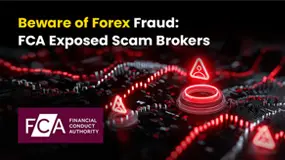
Beware of Forex Fraud: FCA Exposed Scam Brokers
Forex trading continues to attract global investors, but with its growing popularity comes an increase in fraudulent activity. UK’s Financial Conduct Authority (FCA) has recently exposed several unregulated and scam forex brokers targeting traders. Checkout the list of scam brokers below.
WikiFX Broker
Latest News
Charles Schwab Forex Review 2025: What Traders Should Know
What WikiFX Found When It Looked Into XS
The Global Inflation Outlook
Datuk Seri Linked to RM8.4 Million Gold Investment Scam Under Police Probe
The Psychology Behind the Ascending Triangle Pattern in Forex
Quotex Broker Review 2025: Is It a High-Risk Broker?
Is CBCX a Safe and Trustworthy Broker for Traders?
ASIC Regulated Forex Brokers: A Comprehensive 2025 Guide
How 3 Simple Steps Cost a Businessman INR 4 Crore in a Forex Scam
PrimeXBT Expands FSCA Licence and Enhances Crypto Services in 2025
Currency Calculator


